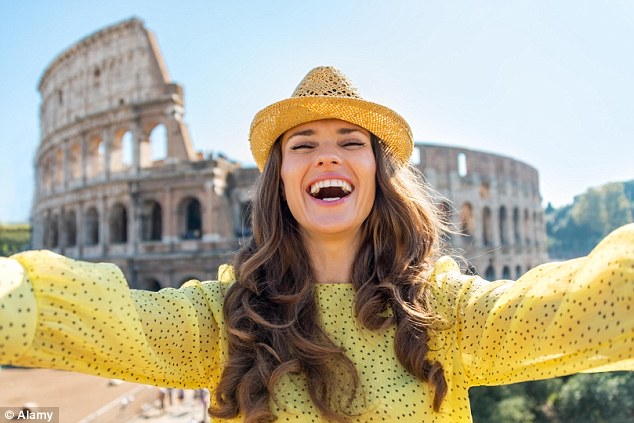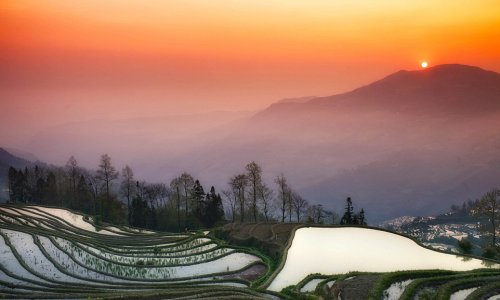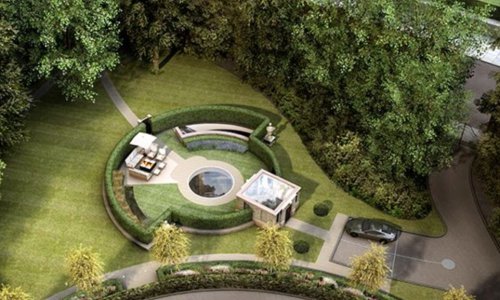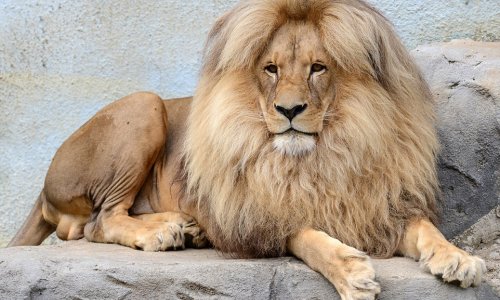Be careful if you're planning to take any 'selfies' in front of iconic monuments this summer.
A new EU law banning the posting of photographs on social media sites containing public buildings could be in force by next week.
The craze for tourists to take selfies in front of landmarks is on the rise, with an estimated one million taken every day around the world.
If the new law is passed, Facebook users and other travellers who post photographs of themselves posing in front of the Eiffel Tower and other landmarks on sites such as Instagram or Twitter could risk prosecution.
While the law is aimed at commercial photographers, there are fears ordinary holidaymakers could be prosecuted and face a fine or even a jail sentence.
The rise of social media has spawned a raft of tourists for whom the ability to instantly publicise their trip is as important as the experience itself.
The Eiffel Tower is the most popular spot in the world to take a selfie, ahead of Disney World in Orlando, Florida and the world's tallest building – the Burj Khalifa – in Dubai, according to tourist attraction site AttractionTix, which analysed social media to find mentions of travel hotspots alongside the world selfie.
Big Ben is in fourth place, followed by the Empire State Building in New York, Gaudi’s iconic Sagrada Familia cathedral in Barcelona and then Disneyland Paris. Rome's Colosseum, the Rockefeller Centre in New York and London Bridge were also in the top ten 'selfie spots'.
The UK and other European countries including Spain and Germany, is currently protected by a 'freedom of panorama' provision in copyright law which means people can publish photographs of modern buildings or public art installations without infringing copyright.
If the law is passed, then members of the public will only be able to upload photographs of tourist spots with prior consent from the owner of the copyright.
Or photographers may need to black out iconic buildings like the Eiffel Tower in their holiday snaps to avoid breaching the copyright of individual architects or artists.
With an increasing number of tourist hot spots discouraging or even banning selfie sticks, Disneyland has become the latest to announced a total ban: From June 30 selfie sticks will no longer be allowed in Disneyland, Walt Disney World, and any other Disney-owned theme parks, water parks, or gaming attractions.
A roller coaster at Disney California Adventure park was closed recently for an hour after a passenger brought a selfie stick onboard.
The Palace of Versailles and Britain's National Gallery in London also announced bans recently, saying they needed to protect artworks and other visitors.
Although the EU says amending the law is aimed at commercial photographers, there is a widespread fear that ordinary tourists will be penalised, with a so-called 'Facebook Police' combing websites to find and prosecute selfie-takers.
Online encyclopedia Wikipedia has declared itself against the move and plans to publish users photos of popular sites like the Louvre to illustrate the 'madness' of the new proposals.
Booking system specialist Amadeus IT Holdings has released a report showing many travellers increasingly plan their trips so as to increase their social standing and maximise online followers, with the aim of instantly documenting photographs on Facebook, Twitter, Instagram et al.
'Destinations that lack...cachet...risk being shunned. Benefits of digitally documented trips include basking in adulation like a rock star returning from a world tour', according to the study.
But the penalty for copyright infringement can be heavy.
In France, it is illegal to publish a photograph of the Eiffel Tower by night. Prior permission must be obtained from operating company Société d’Exploitation de la Tour Eiffel (SETE), which owns the rights for lit-up images.
One lawyer commented that SETE could sue an individual for posting a lit up Eiffel Tower picture on Instagram, 'if [SETE] felt an image of the Eiffel Tower taken at night had been published or reproduced for commercial gain and without permission'.
(dailymail.co.uk)






www.ann.az
Follow us !











